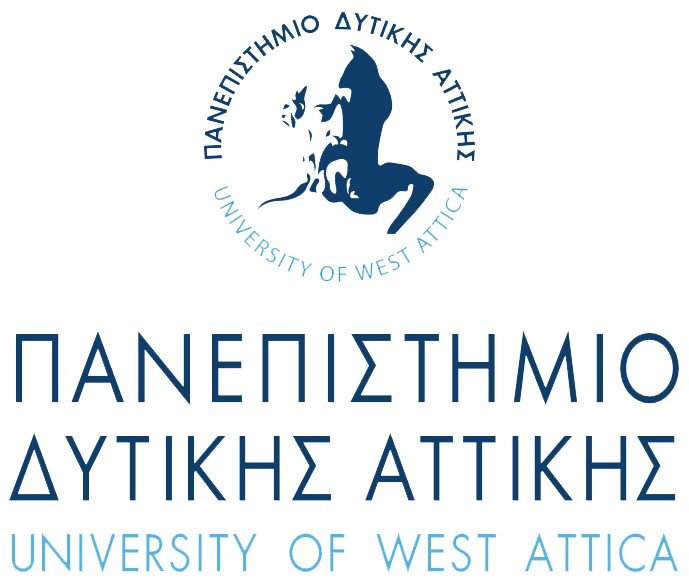Above all, through the design of the undergraduate programme and the engagement with different scientific fields (indicative examples of which are production technology, automation, nanotechnology, cyber-physics, energy and its environmentally effective management and organisation), the interdisciplinarity of the candidate Industrial Design and Production Engineer is promoted. The latter is an essential skill for the modern engineer, who is called upon to address issues in complex applications that are functionally based on the simultaneous use of technologies from many scientific fields (Mechanical and Engineering, Electronics, Telecommunications, etc.).
In particular, the graduates:
- They possess and understand the knowledge in subjects that constitute the General Background of the studies, such as Mathematics, Physics, Electrical and Electronic Circuits, Measurements and Sensors, Materials, Computer-Aided Design, Computer Programming, Production Management and Programming, Algorithm Design.
- They apply this knowledge as a basis to develop new knowledge, skills and competences in subjects that are included in the Specialised Background of the studies, such as Machine Elements, Electrical Machines, Automation - Application Optimisation, Mechatronics, Design of Production and Supply Systems, Digital Applications, Computer and Decision Support Systems, Business Administration and Marketing.

Finally, progressing to the Advanced and In-depth Knowledge Integration subjects of the Industrial Design and Manufacturing Engineering specialisation, graduates develop skills in solving complex and interdisciplinary problems in cutting-edge applications using research principles to develop innovative solutions in the context of the 4th industrial revolution. By choosing the courses in semesters 7-9, the future Industrial Design and Production Engineer selectively forms aspects of a profile with an emphasis on an autonomous/automated view of industrial activities and processes and the specific role of digital media and methods in them. To this end, it focuses on subjects such as Microcontroller System Design, Automatic Control Systems (and) with application in Industrial Environment (PLC), Additive Manufacturing Processes (3D printing), Non-Destructive Control of Systems, Quality Control, Product Management and the Environment, Design of Automotive Vehicles, Nanotechnology and Nanodevices, and Internet as a Tool for Industrial Production with Internet of Things Applications, Cyber-Physical Systems and Human-Machine Interaction. The systematic practice of these skills promotes the development of the competences necessary for graduates to operate in complex (due to the interdisciplinary nature of the applications) work environments, with changing requirements, where unpredictability can be the norm. This will enable them to communicate information, ideas, problems and solutions to both specialised and non-specialised audiences. Graduates will have the skills to take initiative, promote innovative solutions and professional practices and evaluate the performance of these within the context of the individual(s) and the team. Ultimately, the sum of these competencies defines a higher level of maturity for graduates to achieve a critical view of the discipline of Industrial Design and Production Engineering. They are equipped to operate in a given socio-economic context with the necessary awareness of professional and ethical responsibility towards society and the environment.
In conclusion, it follows from the above that:
The graduates of the Department, apart from having formed a comprehensive scientific and professional profile, will at the same time have developed the knowledge acquisition skills they need to continue their studies with a high degree of autonomy.



